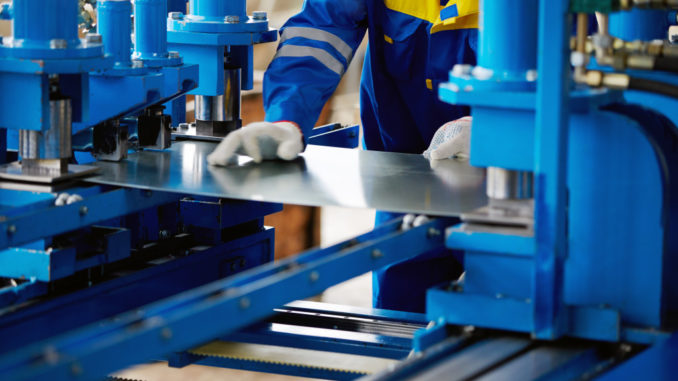
While automation and manufacturing are often thought to be always paired together, the simple truth is that manufacturing still utilizes quite a considerable amount of manpower. From quality assurance to manual control of production, human interference is still crucial in manufacturing. Despite this, automation is fast becoming the most cost-efficient and cost-effective method for production. Here are a few reasons it should always be considered.
Continuous 24/7 Production
Globalization has created a lot of demand for various products, covering multiple industries. Bulk production with very tight schedules is now standard, and businesses often go for manufacturers with good track records with production capacity. As a business within the manufacturing industry, these demands need to be met to stay within the competition.
Through automation, manufacturing businesses can meet and even surpass demands through continuous, lights-out production. This assures increased productivity levels without the expensive labor cost and without costing more for other resources like lighting and other human requirements.
Protects Workers from Hazardous and Monotonous Work
Long production lines can take hours, and repetitive tasks can cause workers to feel tired and out of focus. This is terrible news for work that needs focus and alertness. Even minor mistakes can be extremely costly, sometimes even leading to lawsuits. In the worst cases, a tired laborer can be harmed on the job if they are not paying full attention to what they are doing.
To prevent this, automation can be utilized to minimize human error. While automation won’t precisely remove the need for human interference, it will reduce your staff’s interaction with the more dangerous and monotonous aspects of production. This allows them to pour their mental energies into tasks that require the thinking powers humans can do but computers cannot.
More Consistent Work
A significant factor that affects product manufacturing is the consistency of work. There is always the risk of error with human labor, especially when workers are pressed for time, stressed due to the environment, or fatigued. With automation, you eliminate or at least lessen human errors.
Take, for example, chemical bottling that requires precise volumes of liquid in each bottle. In this case, it’s better to utilize machines that fill liquid than to have an entire production line of workers. Not only will this save space, but the robot will also make sure that each bottle is filled to the exact amount it’s programmed to fill.

Better Quality of Products
Because of more consistent output from automation, you can also expect better quality. Machines can be programmed to make precise actions repetitively, in a way that humans cannot. The margin of errors when it comes to automated machines is very low, reducing the risk of costly mistakes and increasing your final production capacity. Of course, humans should still make the final quality analysis to ensure the standard.
Reduced Labor Cost
One perceived disadvantage of automation is job loss. And while it may look like people are losing jobs due to robots taking over their positions, you are simply employing people in positions with more growth and where they can be better suited for. However, what it does for businesses is reducing the cost for redundant roles in the production line, which not only helps the company with its budget but also lessens potential work hazards.
Achieve Return on Investment Quickly
For young or small businesses, it can be a bit off-putting to employ automation in production because of the high upfront cost. But this can be quickly offset due to the high efficiency and fast production it can provide your business. For example, consider automating your bottling and sealing process to save time and meet your orders more quickly. The time you’re saving is also the money you’d be earning at a quicker pace, therefore giving you back the amount you’ve spent for automation more quickly.
Robots Are Highly Customizable
What is great about technology is how highly customizable and programmable they are. You can program a machine to do a specific task or activity you want it to do, and you don’t have to repeat this process. Doing so saves you time, money, and resources on smaller tasks.
No longer will you have to allocate manpower to minuscule and unimportant functions like making sure bottle caps are put on a certain way or to include a small red dot in your products. These can be programmed into a robot or machine, instead. Of course, that’s the nature of automation, customizable actions that can be repeated multiple times over.
